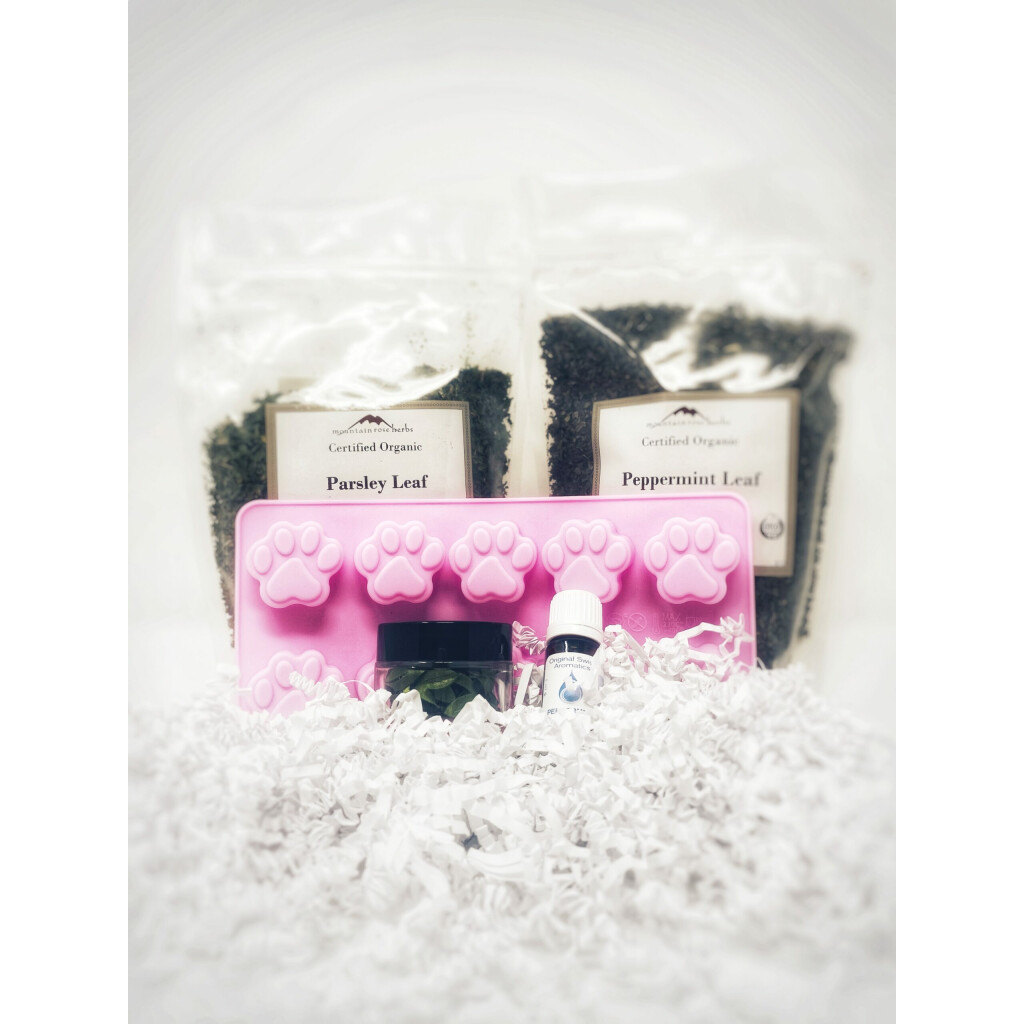Having a healthy smile is an important part of pet health. Your pets dental health is just as important as it is for humans, yet many pet owners do not prioritize proper dental care for their furry friends. Without proper care, pets can develop periodontal disease, which can lead to other issues and even shorten their lifespan.
The Importance of Dental Health for Pets
Regular dental care helps to prevent periodontal disease, which can improve your pet’s overall quality of life. Good dental health can also help maintain the appearance of your pet’s teeth, preventing discoloration and staining. Furthermore, good dental hygiene in pets can help reduce the risk of other health conditions such as heart disease and diabetes. Maintaining your pets dental health is essential for keeping them happy and healthy. Regular brushing, dental checkups, and other forms of preventive care can help keep your pet’s smile looking great and their mouth free from disease.
How to Brush Your Pet’s Teeth

- Choose the right toothbrush and toothpaste – The best brushes for pets are those with soft bristles and an angled head. This helps to clean the teeth better and provides better access to hard-to-reach areas. Choose toothpaste specifically designed for pets.
- Start slowly – If your pet is not used to having his/her teeth brushed, it will take some time for them to become comfortable with the process. Introduce the brush and toothpaste gradually, without actually brushing their teeth at first. Allow them to get used to the feeling of the brush and the taste of the toothpaste.
- Use positive reinforcement – Reward your pet after each brushing session with a treat or a favorite toy. This will help to make the brushing experience a positive one, which will make it easier in the future.
- Begin brushing at the gum line – Using gentle, circular motions, start at the gum line and work your way up to the tips of the teeth. Make sure that you get all the surfaces of each tooth, front and back. You should brush your pet’s teeth at least twice a week, but daily brushing is best.
- Rinse with water or approved mouthwash – Once you have finished brushing your pet’s teeth, use lukewarm water or a vet-approved oral rinse to help remove any remaining plaque or debris from the mouth. This will help to keep your pet’s breath fresh and clean.
Other Ways to Maintain Your Pet’s Dental Health
- Provide toys that help keep your pet’s teeth and gums healthy – Provide toys that can help your pet chew their way to cleaner teeth and gums, such as dental chews, Kongs, Nylabones, and other appropriate chewing objects.
- Give your pet treats that are designed to help clean the teeth – Look for treats and kibble specifically designed to support dental health. These may include treats with abrasive surfaces that are meant to help remove tartar and plaque from your pet’s teeth.
- Visit your veterinarian regularly for dental checkups – Professional cleaning by a veterinarian is recommended at least once a year for pets that are at risk of developing periodontal disease. During these visits, your veterinarian can detect early signs of gum disease and other problems before they become serious health concerns.
- Consider a dental rinse or oral gel for your pet – A dental rinse or oral gel can be used to reduce bacteria in the mouth, helping to keep teeth and gums healthy. Talk to your veterinarian about the best product to use for your pet’s needs.
With daily care and regular professional checkups, you can ensure your pet maintains a healthy and beautiful smile. Your commitment will help ensure that your pet has a happy, healthy life!
The Consequences of Poor Dental Health in Pets
The consequences of poor dental health in pets can be serious and even life-threatening. If periodontal disease is left untreated, it can lead to systemic diseases such as heart, liver and kidney problems. Pets with poor dental health may also have difficulty eating and may experience pain or difficulty chewing. In addition, bad breath is often a symptom of periodontal disease.























